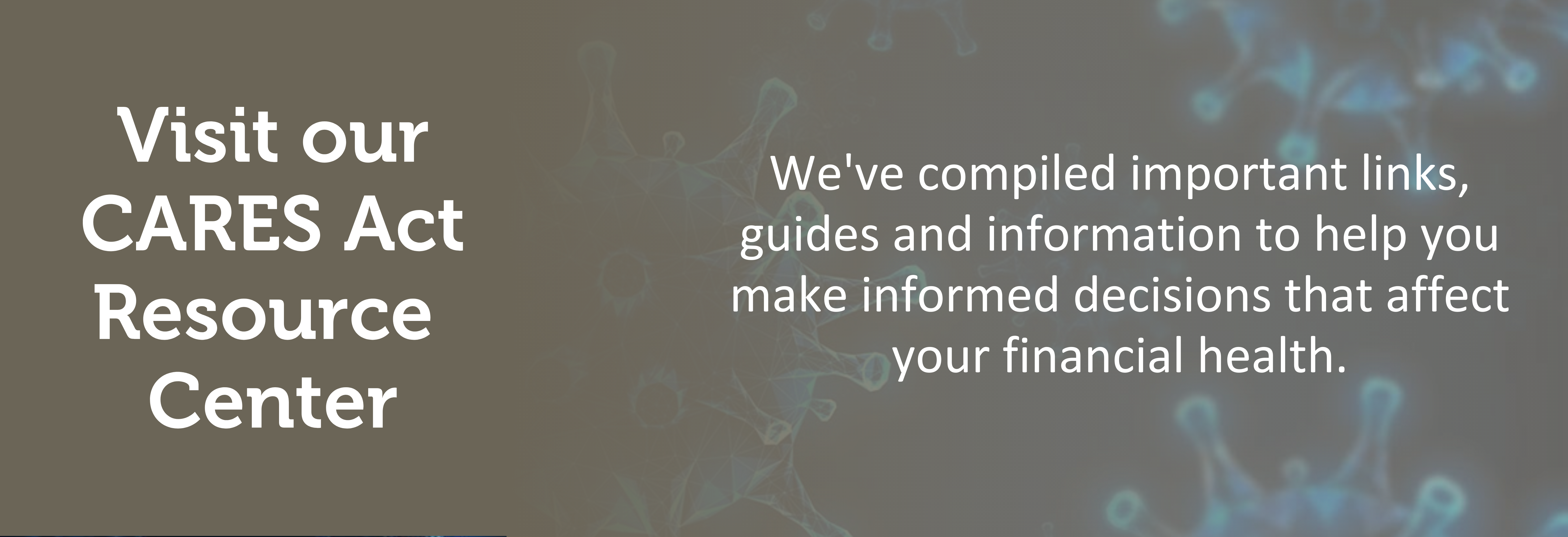Redpath Receives Two Awards: Top Accounting Firm in Twin Cities by MSPBJ and Regional Leader by Accounting Today
MINNEAPOLIS, MN – March 19, 2025 – Redpath and Company, a leading accounting firm in the Twin Cities, has earned recognition from two revered...
 Gloria McDonnell, CPA
Gloria McDonnell, CPA




